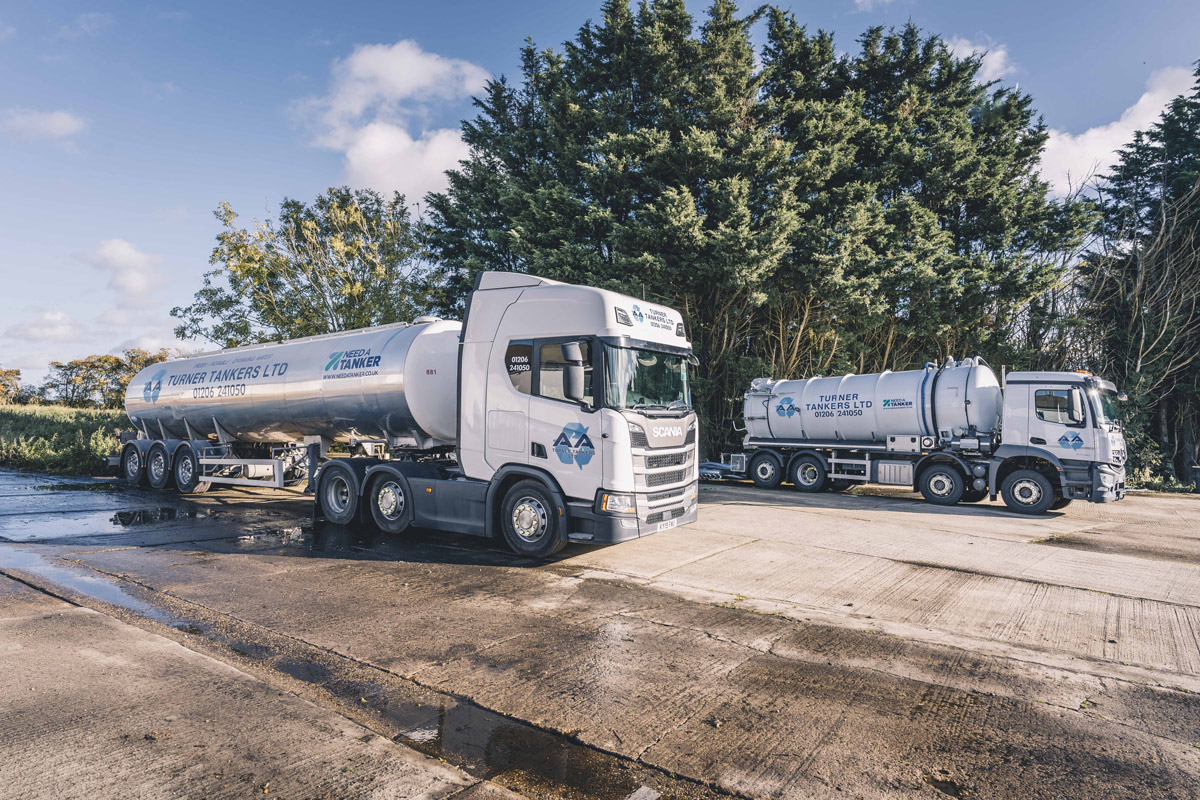The Facts About Reclaim Waste Uncovered
Table of ContentsThe Definitive Guide to Reclaim WasteFacts About Reclaim Waste UncoveredReclaim Waste for DummiesUnknown Facts About Reclaim WasteNot known Facts About Reclaim Waste
Through appropriate liquid waste administration, business can reduce energy-intensive therapy procedures and disposal expenses. By following a system for handling liquid waste, firms can stay clear of expensive fines and charges and avoid unfavorable attention.(https://disqus.com/by/reclaimwaste1/about/)Accumulate representative samples from different points within the waste stream to make sure precision. Fluid waste, specifically hazardous ones, positions significant threats throughout this action.

Sanitation (e.g., chlorination, ultraviolet light, ozonation) and nutrient removal (e.g., denitrification and phosphorus elimination) are recommended under stringent policies. Countless business went against a number of liquid waste disposal laws in current years.
Not known Incorrect Statements About Reclaim Waste

are made use of by industries that produce huge quantities of low-toxicity fluid waste. Superficial containers consist of fluid waste that is permitted to evaporate through natural processes. The residue left can be dealt with in land fills. entails burning liquid waste at heats and transforming it into gas and ash. This sort of disposal undergoes rigorous ecological laws due to potentially hazardous discharges.
The findings must be documented, evaluated, and saved not just for submission to regulatory authorities but also for making improvements in the future. Usage reputable equipment, approaches, and software options to guarantee precise and consistent data collection. Stay upgraded on pertinent environmental guidelines and industry criteria. Share details with pertinent stakeholders (e.g., employees, regulative government firms, and close-by areas) to keep transparency and liability.
Despite the business size or industry, there are various obstacles related to this job. Understanding these can help them successfully handle their procedures and minimize their environmental effect. makes it difficult to treat and deal with fluid waste securely. Companies that can't buy facilities must consider working together with the public market for much better solutions.
Not known Details About Reclaim Waste
By implementing thorough management systems that include treatment and reusing techniques, routine surveillance, risk evaluations, and adherence to regional and government regulations, commercial centers can add to the protection of groundwater products, guaranteeing their availability for future generations (liquid waste removal). Allow's look into the importance of efficient fluid waste monitoring in the industrial sector, focusing on its effects for guarding groundwater resources
The air pollution of groundwater resources as a result of incorrect fluid waste administration in the industrial market has far-reaching repercussions for human health, farming, and the atmosphere overall. Several of the prospective impacts created by such air pollution include: Infected Alcohol consumption Water Materials: As groundwater supplies a significant section of our alcohol consumption water, pollution from commercial activities can bring about dangerous chemicals and bacteria entering our water systems, presenting health dangers for human beings.
Lowered Agricultural Efficiency: Agriculture depends greatly on groundwater for irrigation; therefore, polluted water can prevent plant returns, contaminate farming items, and impact food safety and security. Provided the relevance of preserving groundwater resources, it is vital for services to take a positive position in managing their fluid waste properly and stopping contamination.
About Reclaim Waste
Fluid waste can infect land and pollute waters. Details about taking care of and keeping fluid waste, reacting to spills and lowering fluid waste is offered in the complying with reality sheets and advice:.
Water, the essence of life, is under consistent hazard from contamination. The function of waste management professionals in safeguarding this precious resource can not be overstated. Their services consist of: Sewage-disposal tank and Our site grease catch cleaning: Vital for stopping damaging contaminants from entering our water supply. Polluted water and contaminated effluent administration: Making sure that dangerous liquids are securely eliminated and treated before they can damage our water resources.
Thus, incorporating lasting liquid waste management right into financial planning improves financial stability and protects the environment, showing the value of this approach. Finally, taking on expert fluid waste management methods is critical for making sure a lasting future, securing our setting and securing the health of future generations - liquid waste disposal. At E&E Waste, we are committed to promoting a far better tomorrow via liable activities today.
When it involves dealing with waste, adhering to appropriate treatments is critical for a plethora of reasons. Correct waste disposal is not almost cleanliness; it has to do with ensuring the well-being of our setting, health, and the reliable use resources. Recognizing the value of efficient waste management can aid all of us add to a healthier, cleaner earth.
The 9-Second Trick For Reclaim Waste
Efficient waste management assists preserve tidy streets and public rooms, reducing the aesthetic impact of trash and ensuring that waste does not damage wild animals. When waste is not gotten rid of effectively, it can bring about air pollution, where harmful materials can seep into the soil, water supply, and the air, developing long-lasting environmental troubles.